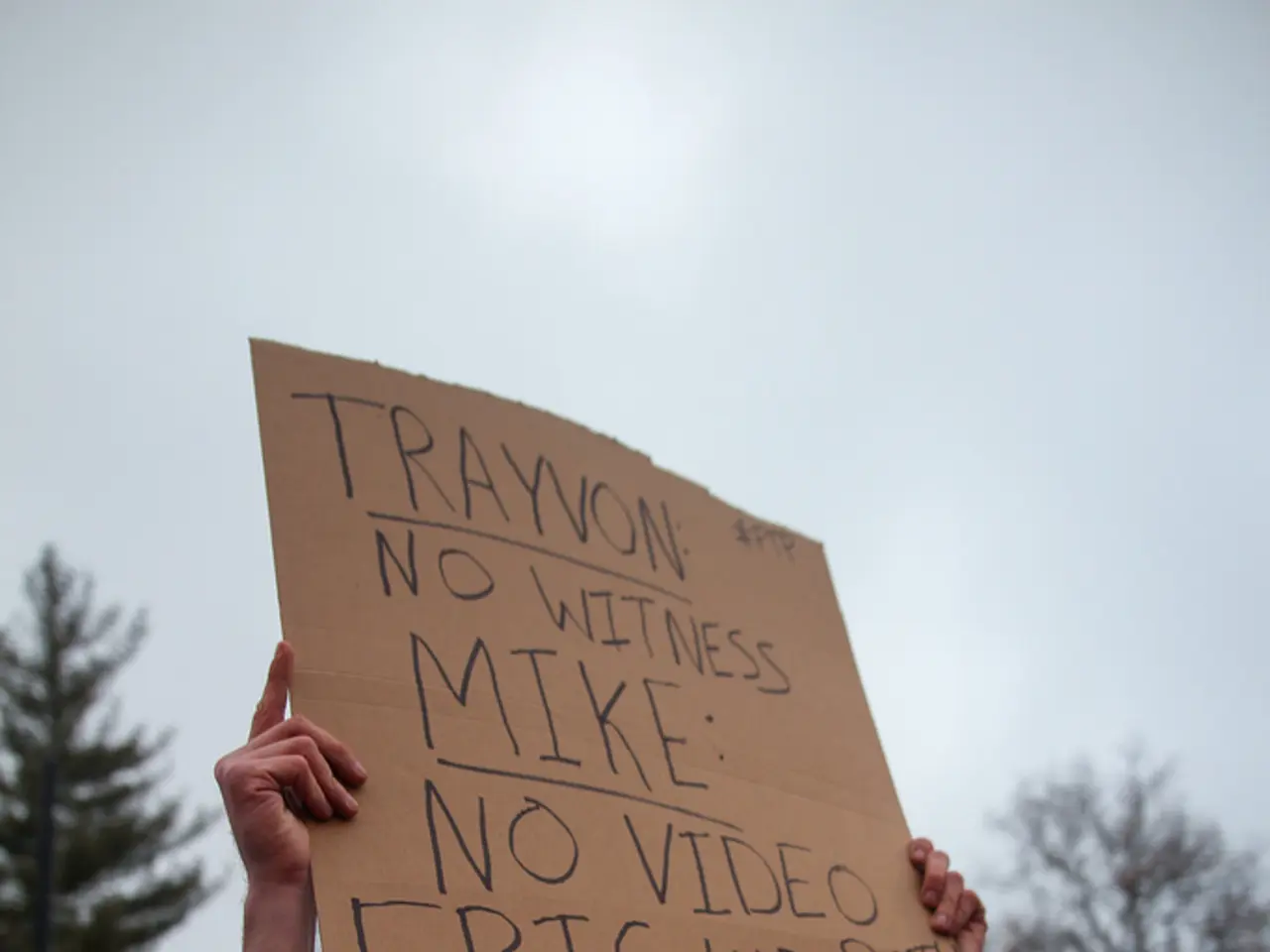Medical professionals identifying as Catholic voice objections to a French law prohibiting deceptive pro-life site content
In a move that has sparked heated debates, the lower house of the French parliament, dominated by the Socialist Party, passed a law on Feb 16, 2017, aimed at sanctioning pro-life websites that aim to dissuade women from abortion by using 'misleading claims.'
The law, which was first introduced in October 2016, is seen as a violation by several pro-life groups and international organisations, such as the World Federation of the Catholic Medical Associations (FIAMC), who argue that it infringes upon freedom of speech. The Federation contends that the law contradicts the universal moral law and interprets 'human rights' as a privilege only for women seeking an abortion, which may not be in the best interest of either the woman or the unborn child.
The new law is an update to the 1993 law that criminalized 'obstruction to abortion' for cyberspace. It provides for a penalty of up to two years in prison and a fine of 30,000 euro ($31,800) against the directors of publication of websites that run afoul of the law. The law targets pro-life organizations which operate 'websites imitating the state websites,' according to French minister for women's rights, Laurence Rossingol.
The site reportedly targeted by the law is infos ivg. The French minister of health and social affairs, Marisol Touraine, stated that the law aims to prevent pro-life websites from disseminating disinformation.
The Republicans, who dominate the French Senate, opposed the law and have said they will challenge it in the courts. Alliance Vita, a pro-life group, denounced the law, with Archbishop Georges Pontier of Marseille, president of the French bishops' conference, writing to President François Hollande in November 2016, registering the Church's concerns about the bill.
The French government's action contradicts the universal moral law, according to FIAMC. More than 50,000 pro-life supporters marched in Paris in January 2017 to protest the bill. The law's next step is expected to be the council constitutionnel.
Approximately one-third of French women undergo abortion, with 220,000 unborn children being aborted annually in France. In January 2016, France abolished a one-week reflection period before a requested abortion could be carried out. The penalty for offenders under the new law remains the same as the 1993 law.
Historically, Emmanuel Macron's party, La République En Marche! (LREM), is the main pro-abortion reform party in France and would be the likely relevant government party involved in legislative processes regarding abortion. The law's passage highlights the ongoing debate in France about the balance between women's rights and the rights of the unborn.
Read also:
- Is it advisable to utilize your personal health insurance in a publicly-funded medical facility?
- Dietary strategies for IBS elimination: Aims and execution methods
- Benefits, suitable dosage, and safety considerations for utilizing pumpkin seed oil in treating an overactive bladder
- Harmful Medical Remedies: A Misguided Approach to Healing




